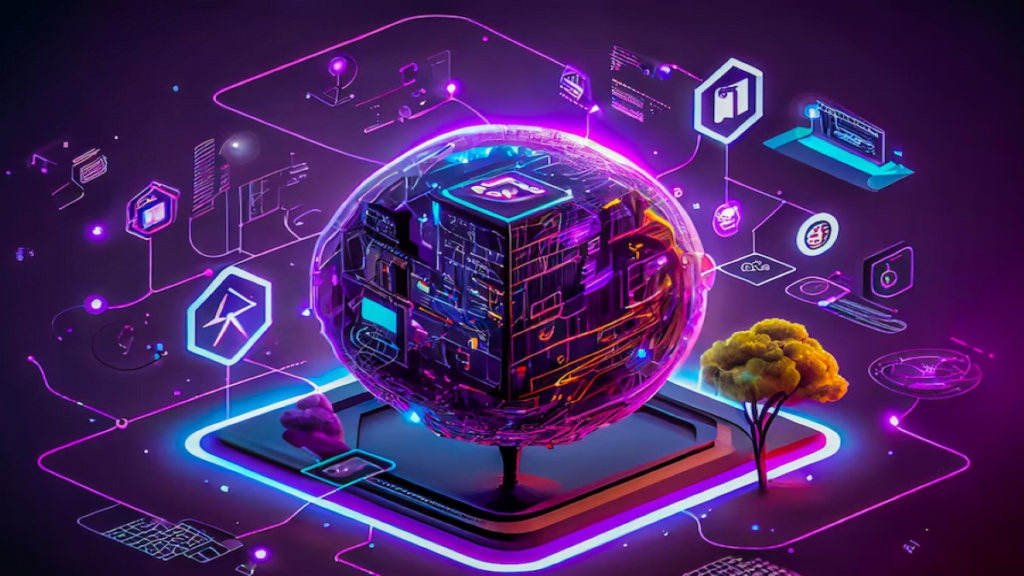The digital realm is witnessing two paramount trajectories, Web3 and Artificial Intelligence (AI), each trailblazing their respective domains. This article delves into their convergence, offering insights into the symbiotic relationship that promises to redefine the digital landscape.
Foundations of Web3 and AI
In recent years, Web3 has emerged as a cornerstone of decentralization, underpinned by blockchain and espousing a vision of a decentralized web. In parallel, AI has been at the forefront of technological innovation, with machine learning and neural networks catalyzing transformative shifts across industries. When these two behemoths intersect, the synergies unlock unprecedented possibilities.
Decentralized systems have the potential to revolutionize data management for AI. With Web3 platforms, data storage becomes decentralized, democratizing access to vast amounts of information crucial for AI’s training phase. Moreover, the very nature of blockchain now allows for AI models to be deployed on-chain, ensuring transparency and traceability of AI operations. Not to be overlooked, AI’s proficiency in enhancing security measures becomes crucial for decentralized platforms, fortifying data privacy and system integrity.
Web3 isn’t just a passive facilitator for AI; it’s a catalyst for AI-driven innovation. By tokenizing AI services, Web3 enables new paradigms like AI-as-a-service models, fostering both microtransactions and more efficient monetization mechanisms. Furthermore, decentralized machine learning marketplaces are emerging, where developers can collaborate and monetize AI models, circumventing traditional centralized bottlenecks. Crowdsourcing, a fundamental tenet of the decentralized ethos, extends to AI training, harnessing the collective intelligence of the community.

Web3 Facilitating AI Innovations
Conversely, AI reciprocates by augmenting Web3’s capabilities. In the realm of Decentralized Finance (DeFi), predictive analysis powered by AI offers foresight into market movements and a granular understanding of risk. Within the burgeoning metaverse, AI algorithms are the architects of personalized experiences, crafting user journeys tailored to individual preferences. And in the world of blockchain, smart contracts find an ally in AI, with automation streamlining contract management and execution.
Yet, the convergence of Web3 and AI is not without challenges. Ethical considerations take center stage, necessitating dialogues on fairness, bias, and transparency. The computational heft of AI, particularly in decentralized settings, demands innovative solutions to balance efficiency with sustainability. Furthermore, data interoperability looms large, posing challenges in the seamless integration of AI and Web3 platforms.
Future Outlook and Potential
Peering into the future, the synergy between Web3 and AI heralds the advent of AI-driven decentralized applications (dApps), pointing to a new era where AI tools become more accessible, democratized by the principles of Web3. As the boundaries between these two domains blur, opportunities for collaboration burgeon, poised to reshape industries and user experiences.
In conclusion, the symbiotic relationship between Web3 and AI offers a glimpse into the future of digital innovation. Their combined force not only holds transformative potential but also beckons a new chapter in the annals of technological evolution. For those keen on deepening their understanding, a wealth of academic papers and resources awaits, chronicling the nuances of this fascinating convergence.




